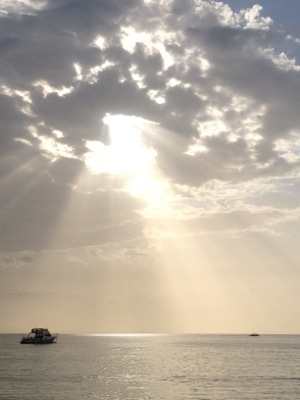Everyone in Canada knows about the catastrophe that has been unfolding in Elliot Lake, midway between Sault Ste. Marie and Sudbury, in Ontario’s North. It has been a terrible, terrible tragedy. People have died, and many have been hurt.
Unfortunately, some in the media and in the political opposition have been looking for someone to blame in Elliot Lake. They’ve suggested Ontario Premier Dalton McGuinty and Prime Minister Stephen Harper should have hustled up there right away. To do what? We know not. But McGuinty and Harper have been lambasted by some for not travelling to Elliot Lake.
Jean Chretien, as I recall, travelled to Manitoba during the ’97 flood. “An infamous PR disaster,” the Montreal Gazette later intoned. A “photo opportunity stunt,” declared the Vancouver Sun. “Appalling insensitivity,” said the Edmonton Journal.
However, in the end, Chretien still won a majority – albeit a reduced one. Some of his western candidates (like, um, me) certainly paid a price. But the Liberal leader ended up with more seats in Manitoba than any other party.
The paradox, I remarked to my campaign team at the time, is this: If you don’t go to the site of a disaster, you’ll get hammered for staying away and being insensitive. And if you travel to the site of a disaster, you’ll get hammered for coming for a photo op and therefore being insensitive. You can’t win, in other words.
Comments (15)



